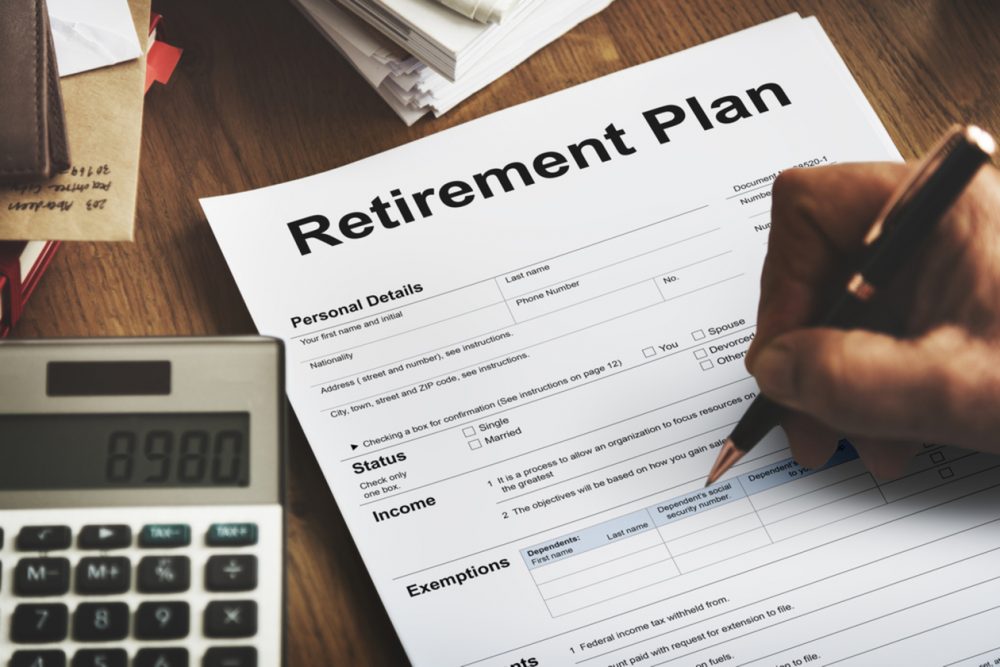
What do your retirement plans look like?
The coronavirus (COVID-19) pandemic has sparked a surge in people over 50 seeking professional financial advice[1]. For many, a sudden shift in their financial status has been overwhelming.
Money worries cause people to experience difficulties in lots of areas in their lives, from their physical and mental wellbeing to their personal relationships. Even those seeing an unexpected uplift in wealth may be confused about how they should feel and respond.
Seeking professional financial expertise
Some over 50s have been impacted by a volatile stock market, furlough and job losses, plus low interest rates and fears of a deep recession. At the same time, others have enjoyed the off-setting benefits of the pandemic with enhanced savings and decreased living costs.
Despite these opposing fortunes, this context is driving more over 50s to seek professional financial expertise. Most commonly, people aged over 50 are asking for advice on pension planning (56%), early retirement (54%), part or phased retirement (53%) and accessing their pension at the point of retirement (53%).
Workplace pension and retirement plans
Human Resource decision-makers report a similar story, citing a sharp increase in the number of workers aged over 50 asking about their workplace pension and retirement plans during the pandemic.
More than half (52%) have seen an increase in requests for information about pension savings levels and estimated income in retirement. Two in five (44%) report a rise in employees asking to increase their pension contributions.
Growing interest in green and ethical investments
There’s also more interest in the performance of workplace pensions. Almost half (46%) of Human Resource decision-makers say they’re seeing more people in their 50s looking for a greater financial return on their pension investments following the pandemic.
At the same time, there is growing interest in green and ethical investments within this age group, with more queries about investments in ‘green’ companies (44%) and ethical issues (42%).
Increase in requests to delay planned retirement dates
In fact, the pandemic has prompted many over 50s to reconsider their retirement plans altogether. Almost half (46%) of Human Resource decision-makers say more employees in this age bracket are asking about taking a phased approach to retirement, while the same proportion (46%) have seen an increase in requests to delay their planned retirement date.
Some people probably don’t start thinking about their retirement until they’re much older. That’s understandable, as it’s difficult to think about living the life you’ve always dreamed of when your days are still dedicated to raising a family or climbing up the corporate ladder. However, if you’d like to be financially secure in the future, there are some things that you definitely should be considering now – one of which is planning for retirement in your 50s.
Need help to make the most of your pension?
Whatever you are planning for the future, we can help you to make the most of your pension and other investments, and achieve the retirement you want and deserve. Speak to us today to discuss your retirement plans.
Source data:
[1] The research was carried out online by Opinium Research across a total of 200 UK Independent Financial Advisers. Fieldwork was carried out between 12 – 17 August 2021. The research was also carried out online by Opinium Research across a total of 506 HR DMs in UK businesses (excluding sole-traders). Fieldwork was carried out between 12 – 16 August 2021.
This information has been prepared using all reasonable care. It is not guaranteed as to its accuracy, and it is published solely for information purposes. It is not to be construed as a solicitation or offer to buy or sell securities and does not in any way constitute investment advice.
Information based on our current understanding of taxation legislation and regulations. Any levels and bases of, and reliefs from, taxation are subject to change.
The value of investments and income from them may go down. You may not get back the original amount invested.
Past performance is not a reliable indicator of future performance.
